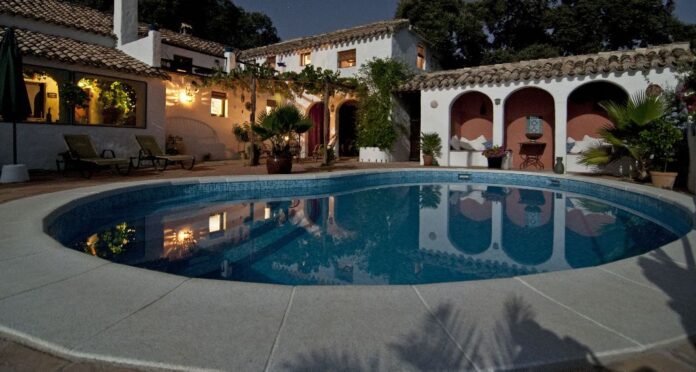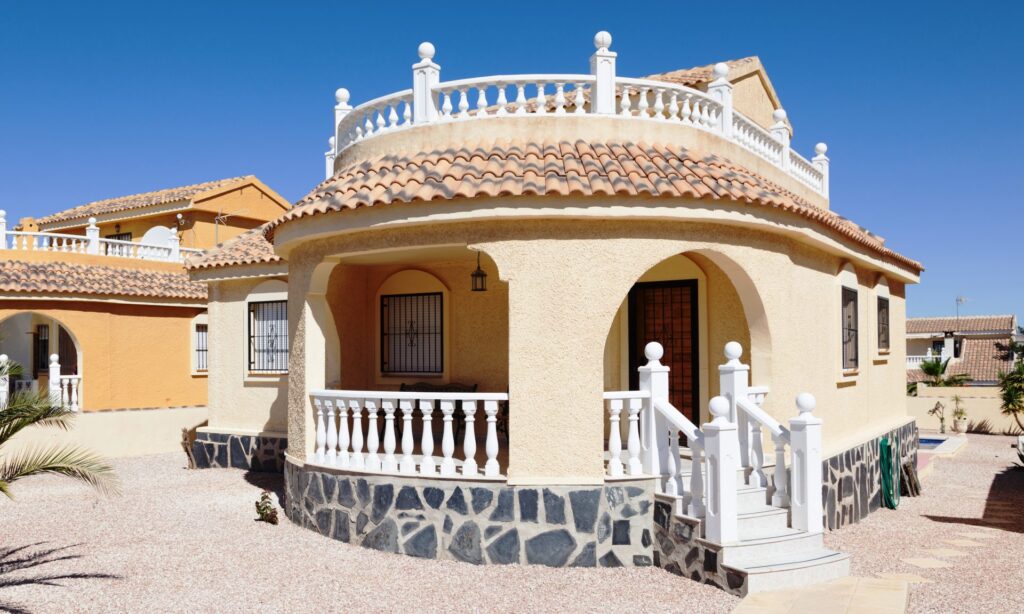
Spain is one of the most popular destinations for citizens of the UK. It is also one of the first areas people in Britain consider when looking to buy abroad. There are many good reasons for this. Spain has world class health care, the climate is great, the scenery is varied and beautiful and there are any number of opportunities for entertainment and sports. It’s proximity to Britain and good connections mean it is easy to maintain contact with friends and family.
Now that Brexit transitional period has ended people in Britain who were either looking at buying, or already own a property in Spain will have various concerns about what changes there are and how they will be affected by them. We will go through some areas in this article but as with any financial or property transaction it is imperative that you seek professional advice. With things being in a state of change only professional counsel from such as estate agents, lawyers and tax advisers will give you iron clad clarity around what you need to do.

Several areas will be of interest:
- Can I still buy a property in Spain?
- How has the process of buying changed since Brexit?
- If I am using the property as a holiday home will it still be easy to get there and is there anything I should know?
- What about renting it out? Can I still do that? Will it cost me more tax?
- Is the market for rentals going to be hit?
- What if I want to sell my property?
As you can see there are several factors to consider, some of which may not have been on your radar originally.
Firstly, let us look at whether you can buy property in Spain post Brexit. Spain does not impose any restrictions on non-citizens when it comes to property purchase. Whether you are a Spanish national, member of another EU country or a third country such as Britain your rights to ownership are unchanged. From this perspective there is no change in the appeal of investment into a Spanish home. In fact, Spanish property specialists Javea.Properties have said recently there has been a significant increase in interest from UK nationals looking to buy in the Costa Blanca area. Now that the dust has settled it seems people are looking once again at the allure of the Spanish coast and the Costa Blanca.

While you can buy a home, you will also need to know whether there are additional legislative hoops to jump through or whether costs have been impacted. The good news on the cost front is that none of the taxes associated with the purchase and keeping the property are affected by your nationality so these should continue to be the same. The cost in sterling terms will depend on the fluctuating exchange rate but that has always been the case and is to be expected. The mortgages granted, usually up to 70% LTV (loan to value) should be the same as this is what applies to other non-EU citizens currently. No change there once more. So far, a Spanish home is looking as attractive as ever. In terms of the process for buying it seems like there are no real changes. The case for investment is as sound as ever.
For those using a Spanish second home as a holiday home there may be additional considerations. It depends on how much time you intend to spend in Spain and how much back in the UK. As things stand at the moment UK citizens can travel to Spain as tourists provided, they do not stay longer than 90 days during a 180-day period. This should still provide a good degree of flexibility for trips. There is also an additional option that would enable longer stays and an additional degree of freedom. Depending on the cost of the property you may be able to apply for what is called a ‘Golden Visa’. This gives you resident permits for the buyer and their dependents. With a resident permit your transit between the two countries should be unrestricted is the expectation. The use of your Spanish property as a second home is not only still viable but a purchase of the right amount may entitle you to some of the best of both worlds with the resident’s rights.

Some people invest in Spanish residences for purposes of rental income. This is one area where it is likely to change. EU residents at the time of writing are subject to a 19% tax on rental incomes while non-EU residents are subject to 24%. It is likely that British citizens who are the beneficiaries of rental income will also be charged at whatever the current higher rate is. So, in this perspective there will be a hit to your bottom line. Once again, however, exchange rate fluctuations will also affect what you are getting and should the Euro gain against the pound this could actually work in your favour. As to the matter of whether you will be permitted to rent it out once again there should be no restrictions and no change in your ability to do so.
If you have chosen to rent out your Spanish villa one of the main questions must be will you find people to fill it? At present the world is in an unprecedented situation with the pandemic hurting all travel globally but at some stage that will end. When it does one of the things to remember is that your tenants are not only going to be from the UK, but you can also rent to other EU nationals as well. Spain is a hugely popular tourist destination worldwide and is likely to continue to be one. Also, even from the UK in all probability a trip to the Spanish beach towns is likely to remain high on the ‘to do’ list of the British tourist.

When it comes to selling your property, should you decide to do so there are likely to be tax complexities. This is another area where you should consult specialist, professional advice.
All things considered the case for buying a property in Spain is still as sound as ever. If you are considering this option, you should not let the fact of Brexit having happened knock you off course. Brexit itself will not have had as large an effect on property investment as you may first have thought.














